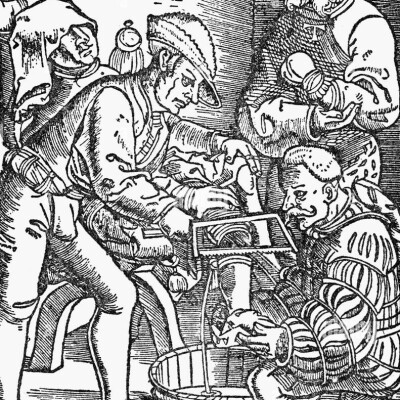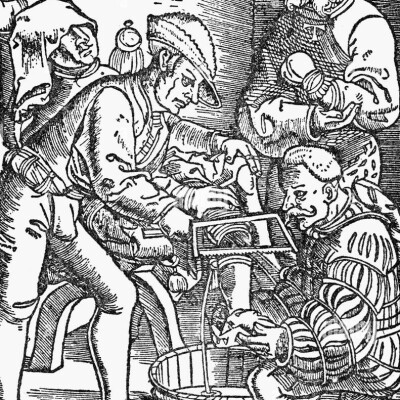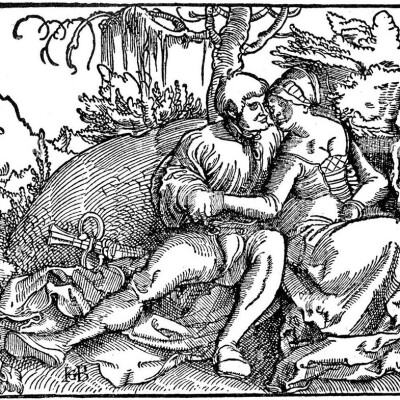Description
Step into the cobblestone streets of 16th-century Geneva, where faith, politics, and daily life collide in the shadow of John Calvin's influential reforms. This podcast that we could have called "Echoes of Reformation: Calvin's Geneva Unveiled" peels back the layers of history to reveal a city in transformation, bringing you face-to-face with the characters, controversies, and cultural shifts that defined an era.
Join historian Dr. Christophe Chazalon as he unearths hidden gems from the "Registers of the Council of Geneva," breathing life into forgotten stories and challenging long-held assumptions. From heated theological debates to the whispers of everyday citizens, each episode offers a vivid, immersive journey into the heart of the Reformation.
Discover:
- The human side of John Calvin beyond the pulpit
- Power struggles and political intrigue in the Genevan council chambers
- How ordinary people navigated the tumultuous waters of religious change
- Surprising facts that rewrite our understanding of this pivotal period
Whether you're a history buff, a theology enthusiast, or simply curious about the forces that shaped our modern world, "Echoes of Reformation" delivers a fresh, engaging look at a city and a movement that changed the course of history. Subscribe now and let the echoes of the past resonate in your present!
We're passionate about bringing the history of Calvin's Geneva to life. Join the conversation and access exclusive documents, episode transcripts, and more on my website at https://geneva16th.org/ !
Hosted on Ausha. See ausha.co/privacy-policy for more information.










